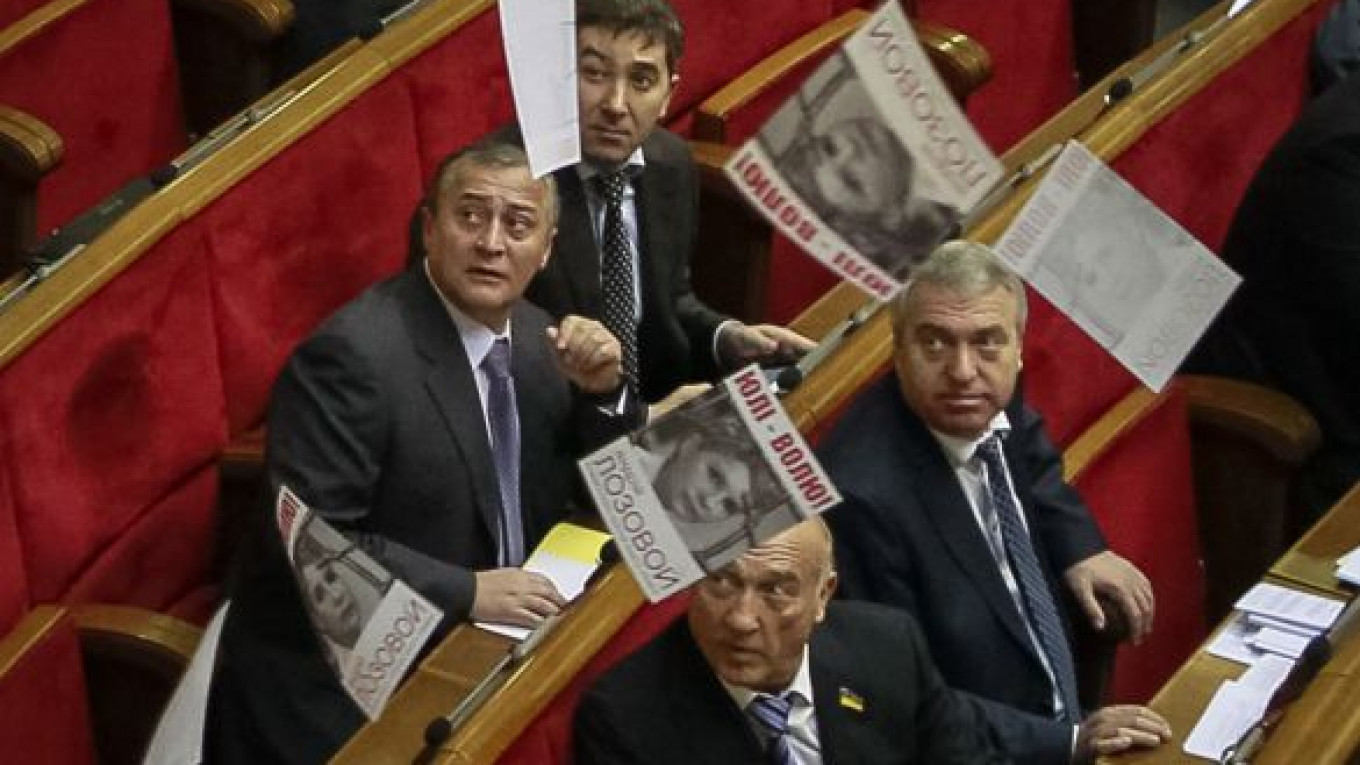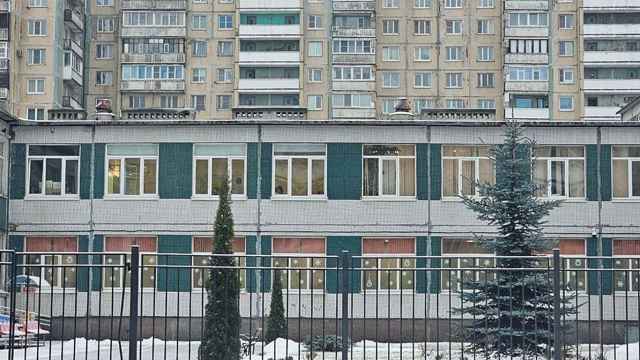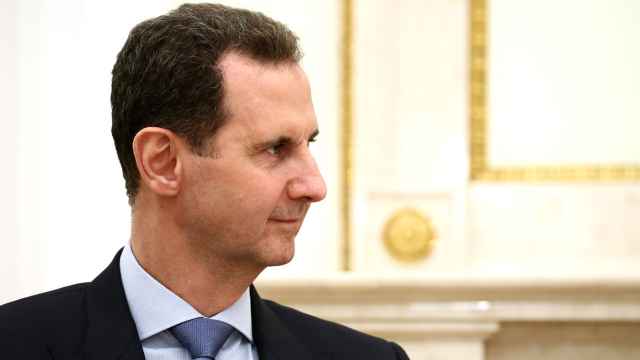Foreign Minister Sergei Lavrov accused the European Union on Tuesday of putting "unforgivable pressure" on Ukraine to sign a free trade pact with the EU.
If Ukraine meets the EU's conditions to sign agreements this month on trade and other forms of cooperation, it would mark a historic shift for the former Soviet republic away from Russia and toward western Europe.
The EU and Ukraine fear Moscow could respond by launching a new "gas war" with Ukraine, which depends heavily on Russia for its energy supplies. Ukraine is also a transit country for Russian energy supplies to Europe.
"We are not putting anyone under pressure … this is a sovereign choice for any state," Lavrov said of Ukraine's decision on whether to move closer to the EU.
"If you compare our, in my opinion, honorable and collegial position with that of some representatives from the EU, then arguably unforgivable pressure is being applied from that side on the focus [ex-Soviet] states."
Lavrov was speaking after talks with the foreign minister of Belarus, which is part of a free trade zone with Russia and Kazakhstan that Moscow wants Kiev to join.
He said Russia wanted it understood "in good time what the consequences [of signing the agreements with the EU] will be so nobody gets upset."
He did not spell out what those consequences might be but made clear that Russia did not want its own competitiveness in trade hurt. Moscow has said Ukraine cannot be a member of both the free trade pact with the EU and the trading group with Russia and Belarus.
The main condition for the agreements between Ukraine and the EU is permission for jailed former Ukrainian Prime Minister Yulia Tymoshenko to go to Germany for medical treatment. On Tuesday, Ukraine's parliament ruled to put off until Thursday a debate on plans to sign the EU trade deal after remaining deadlocked on the key issue of whether to release Tymoshenko.
European officials are considering a range of options to keep alive plans for Ukraine to sign the agreement at a summit in Vilnius on Nov. 29.
One EU official said it may be sufficient for Ukraine President Viktor Yanukovych to give his word to EU leaders at a dinner in Vilnius on Nov. 28 that he will pardon Tymoshenko for the agreement to go ahead.
"This may come down to the issue being resolved directly with EU leaders in Vilnius," said the official, speaking on condition of anonymity. "If the leaders feel they have Yanukovych's word and he will stick to it, then it can work."
It may also be decided among EU member states in Brussels before then. Using what is known as a "written procedure," countries can say whether they agree that Ukraine has done enough to justify the agreement. EU ambassadors, as representatives of their countries, could also agree on a position in their regular meetings, called Coreper, and have that approved before Nov. 29.
Otherwise, EU foreign ministers could meet in Brussels or Vilnius on Nov. 27 or 28 to make a last-minute assessment.
"There are options. If the political will is there, member states will do it [agree to the deal]. I still see the glass as more than half full," said the official.
A Message from The Moscow Times:
Dear readers,
We are facing unprecedented challenges. Russia's Prosecutor General's Office has designated The Moscow Times as an "undesirable" organization, criminalizing our work and putting our staff at risk of prosecution. This follows our earlier unjust labeling as a "foreign agent."
These actions are direct attempts to silence independent journalism in Russia. The authorities claim our work "discredits the decisions of the Russian leadership." We see things differently: we strive to provide accurate, unbiased reporting on Russia.
We, the journalists of The Moscow Times, refuse to be silenced. But to continue our work, we need your help.
Your support, no matter how small, makes a world of difference. If you can, please support us monthly starting from just $2. It's quick to set up, and every contribution makes a significant impact.
By supporting The Moscow Times, you're defending open, independent journalism in the face of repression. Thank you for standing with us.
Remind me later.






